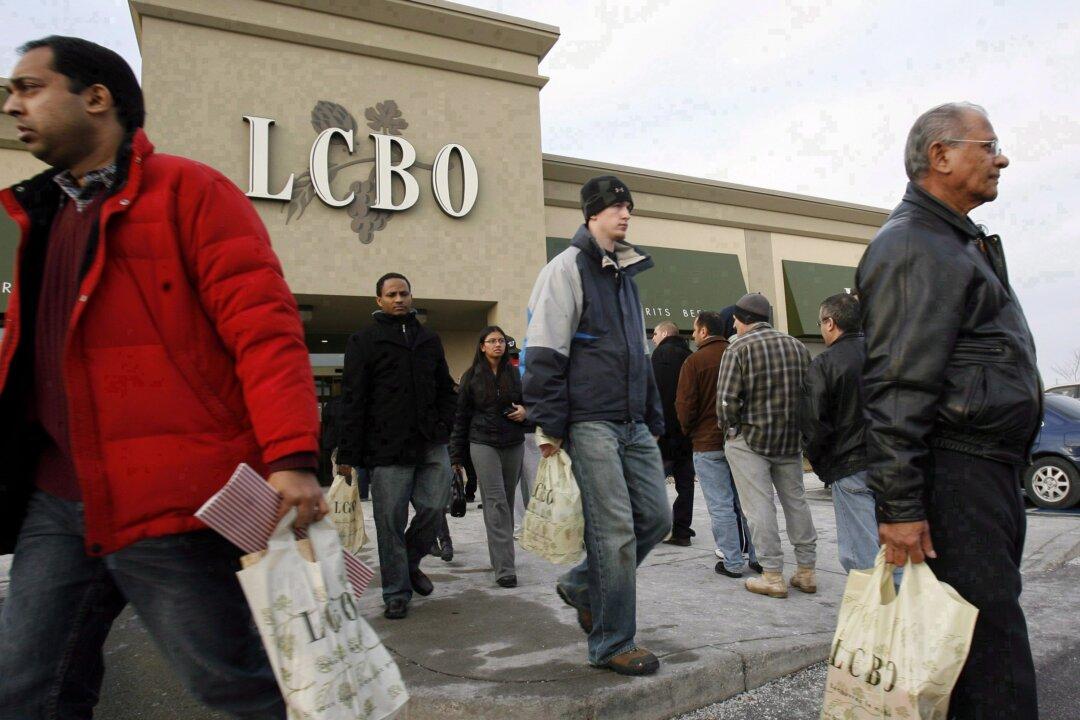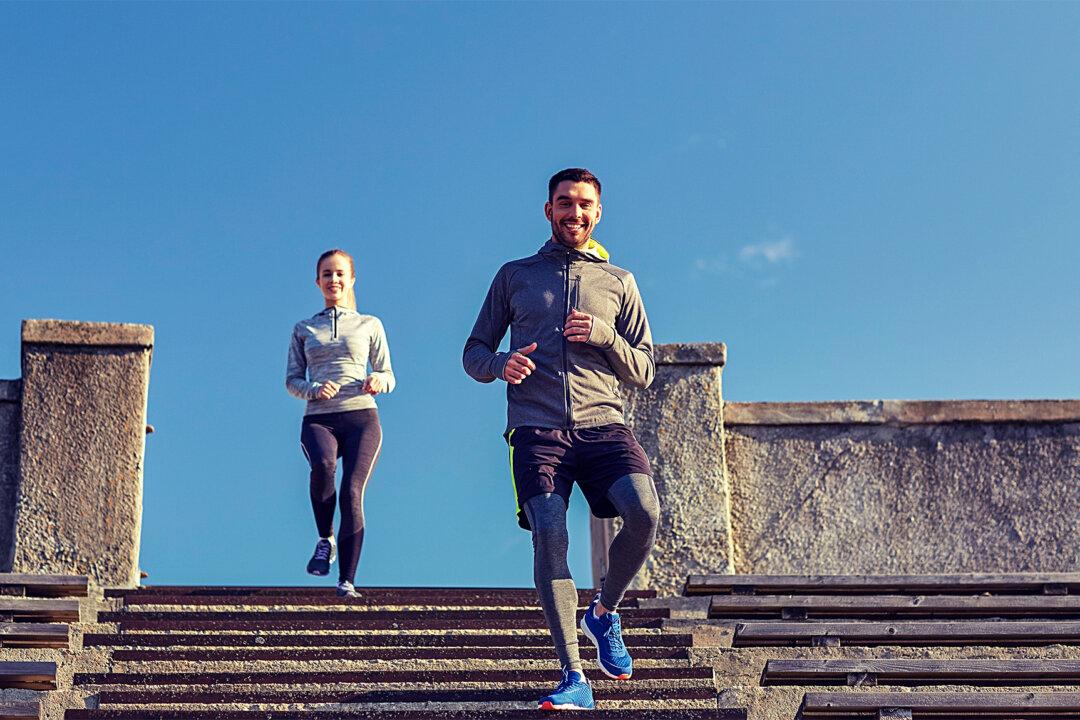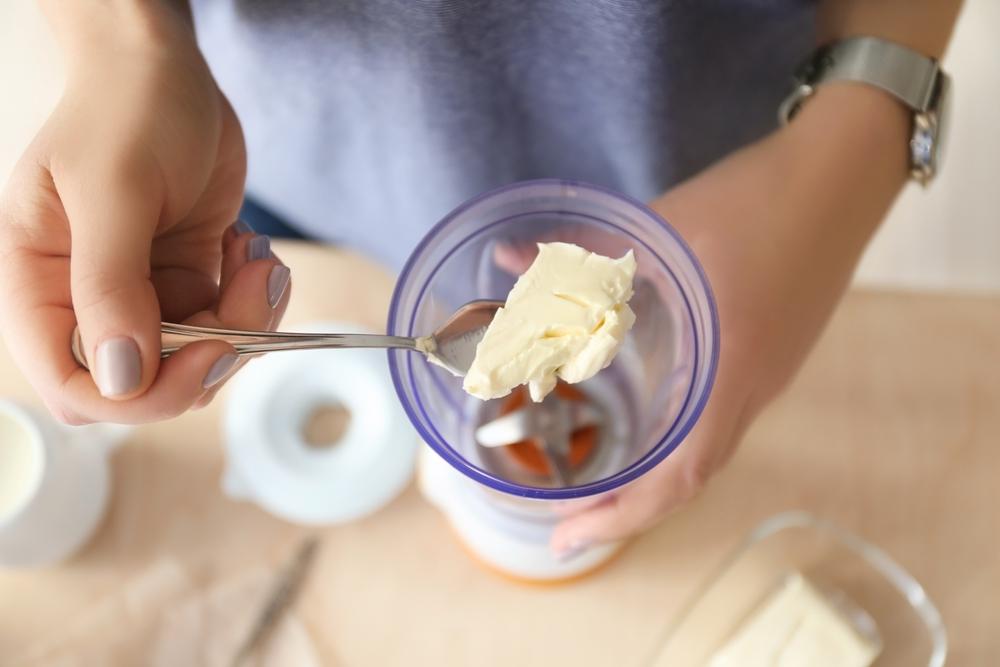Dry January, a month-long alcohol-free campaign popular in the United Kingdom, is just beginning to get its feet wet in Canada.
The pledge to stay sober for January started as a campaign by Alcohol Concern, a U.K. charity aimed at changing the drinking culture there. It has since exploded in popularity, and the organization launched a partnership with Public Health England last year.
At least 40,000 people officially signed up this year for Dry January, and 50,000 joined a similar campaign, “Dryathlon,” put on by Cancer Research UK. It is thought that many more are taking up the challenge to go sober unofficially.
Taking a month off from drinking corresponds to working out more, eating better, being healthier.




